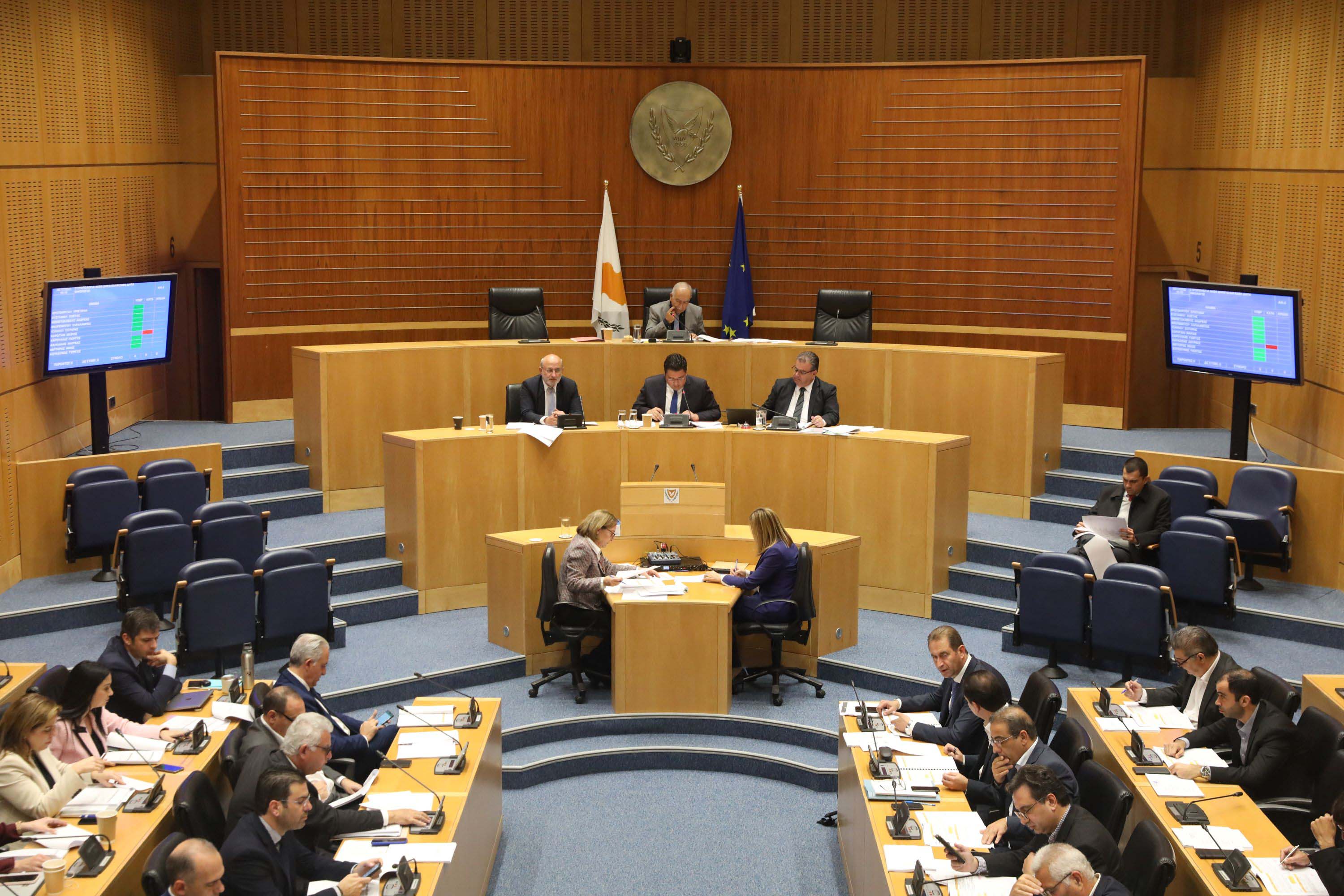President Nikos Christodoulides heralded the bundle of bills voted into law in parliament tackling foreclosures on Friday, saying it marked “a milestone for the fiscal stability and financial outlook of the country.”
During a marathon plenum session, the majority of deputies voted to instil into law measures aimed at fast-tracking foreclosure proceedings and grant more powers to the financial ombudsman.
Amendments submitted by Akel, Edek and the Green Party did not garner enough votes to pass into law.
“This issue has been pending for years, posing a risk to the country’s fiscal stability and financial credibility. After several months of persistent efforts, it has now come to a successful end,” Christodoulides said in a written statement after the vote.
“The comprehensive approach of the package promoted by the government completes the legislative framework that will provide effective protection for vulnerable and prudent borrowers.”
A day earlier, he said if some of the amendments were voted through, he would veto the law.
One of the new laws authorises the Supreme Court to appoint judges that can fast-track cases where mortgagors challenge foreclosure proceedings against their property. It relates to primary residences with a value of up to €350,000, as well as small business premises.
The law was passed by 35 votes in favour, three against from Edek and 15 abstentions from Akel.
A separate law was also voted through, broadening the scope of the financial ombudsman’s powers to appoint a mediator who can work towards restructuring loans.
The ombudsman will mediate for cases concerning primary residences up to €350,000 and commercial properties up to €750,000. There were 38 MPs who voted in favour, three opposing it from Edek and Akel’s 15 abstentions.
Asked if he knew who he was going to appoint to the role, Christodoulides said he had two or three candidates in mind.
Another two bills from Diko, Edek and Depa were voted into law which regulate a debtor’s right to lodge a complaint against banks for their primary residence to the financial ombudsman.
If the financial ombudsman rules in favour of an individuals, the foreclosures process is suspended, until the case goes to court.
Meanwhile, six laws were unanimously adopted which broaden the definition of the term “restructuring” to include the disposal and transfer of immovable property to the Cyprus Asset Management Company in the context of the implementation of the ‘mortgage to rent’ scheme.
Christodoulides heralded the “responsible political forces of the country” for their cooperation.
“Today’s development demonstrates the prospects and potential of our country when prudence and responsibility prevail. I am optimistic that the implementation of prudent policies will shield our economy and bring further growth and progress for our country.”
Nonetheless, some deputies slammed the developments, with Akel’s MP Giorgos Loucaides saying those who supported the bills “want to protect the banks and abandon poor borrowers.”
Former finance minister and Disy MP Harris Georgiades said what was before the MPs was an improvement but not the perfect solution. He highlighted the existing problems will not disappear but neither will this mean mass foreclosures.
Diko MP Nicholas Papadopoulos said the day’s votes implemented seven out of eight of the government’s measures, apart from the Estia plan which is still pending approval.
The choice deputies had in plenum was whether they would stand with honest borrowers or protect the dishonest ones, he added.







Click here to change your cookie preferences